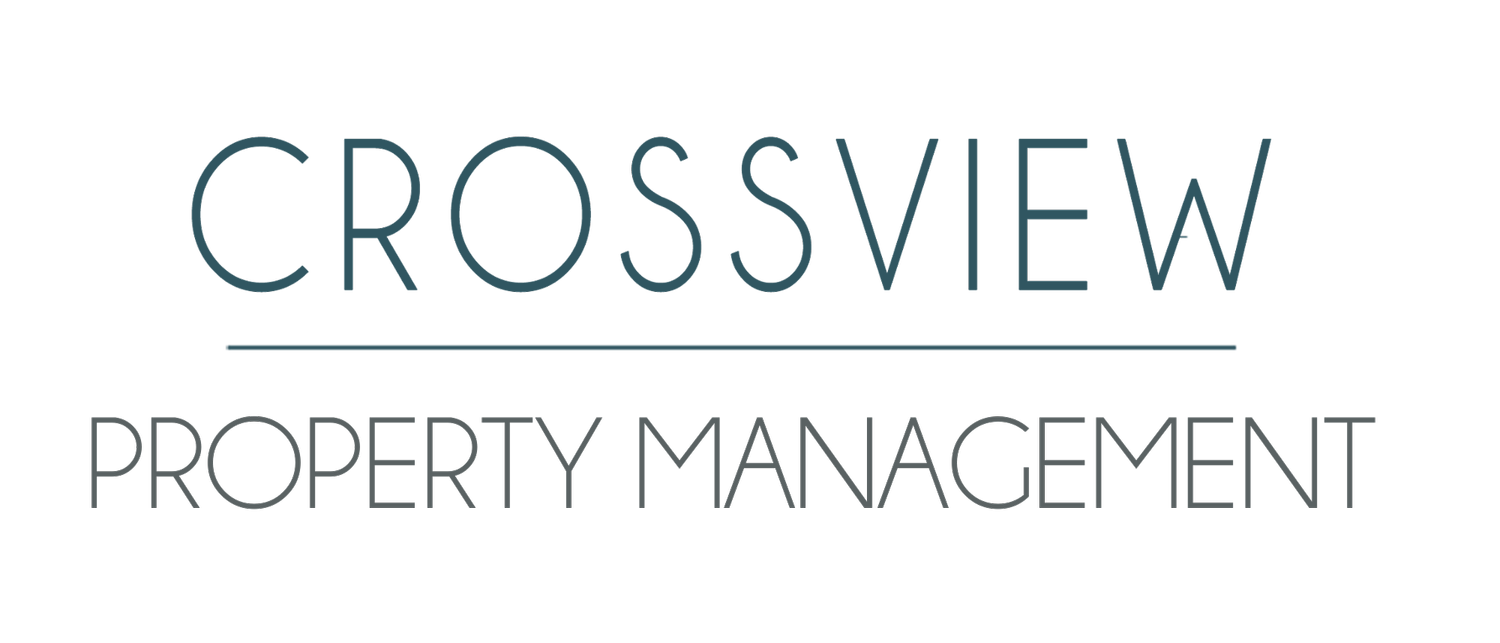Why You May Be Better Off Without a Hold‑Harmless Clause in Your Florida Lease
Should you avoid inserting a hold-harmless clause in your Florida residential lease?
Yes—Steering clear of hold-harmless clauses often protects you from legal challenges. Florida law treats these clauses with strict scrutiny, limits their scope, and sometimes even prohibits them in residential leases—making them more trouble than they’re worth for responsible property management.
1. Florida Disfavors Exculpatory Clauses—Especially in Leases
Florida courts are cautious around exculpatory clauses because they shift legal risk away from landlords—who are responsible for habitability—and onto tenants, who are less equipped to bear it.
“Public policy disfavors exculpatory clauses because ‘they relieve one party of the obligation to use due care and shift the risk...to the party…least equipped to take…precautions.’”
— Florida District Court Ruling, cited via eko-law.com
In residential leases, these clauses cannot override Florida’s implied warranty of habitability, which requires landlords to provide safe, livable housing. (The Florida Bar)
2. They’re Hard to Enforce—and Easy to Challenge
Even when included, hold-harmless clauses face serious hurdles:
Clauses must be crystal clear—any vague language will be interpreted against the landlord
They cannot waive liability for gross negligence or willful misconduct
Recent court decisions in Florida show a strong trend of invalidating overly broad waivers, even in non-residential settings
Bottom line: You may include one, but don’t expect it to hold up if challenged.
3. A Better Approach: Stay Informed and Stay Compliant
At CrossView Property Management in Jacksonville, FL, we believe it’s better to lead with legal awareness and clear responsibilities, rather than trying to contract your way around risk. By skipping the hold-harmless clause:
You avoid creating lease language that invites tenant disputes
You signal professionalism and transparency
You align with Florida’s intent to protect tenant safety and housing quality
Final Takeaway
Hold-harmless clauses in Florida residential leases are often more risky than protective. Because of how Florida courts interpret them—and how easily they can be invalidated—it’s often better to leave them out altogether. At CrossView Property Management in Jacksonville, FL, we don’t rely on loopholes or legal gray areas. Instead, we focus on staying current with Florida’s landlord-tenant laws so we can be a reliable, well-informed partner for our property owners.
We would love the opportunity to talk to you.
If you're looking for a property manager who understands the legal landscape and keeps your rental business compliant, CrossView Property Management is here to help. Let’s discuss how we can manage your property with care, clarity, and confidence.


